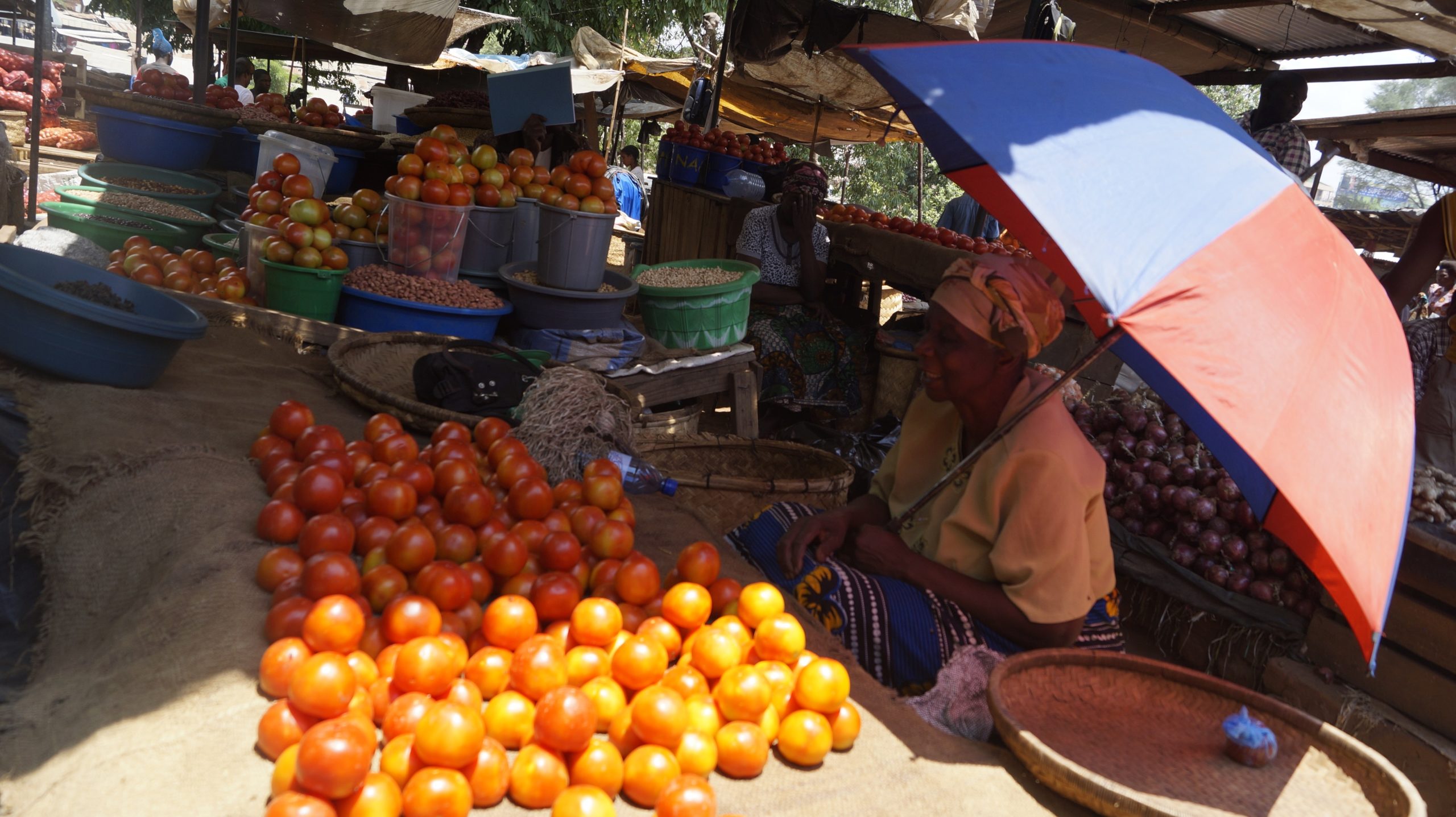Fifteen years ago, The Economist ran an article headlined “Better dead than GM-fed?” It focused on the refusal of some African countries to allow imports of American food aid, because it contained genetically modified organisms (GMOs). This was when extreme hunger threatened some 15 million people, before Africa’s decade of economic growth spurred by high commodity prices as well as some economic reforms.
Some of the reasons for the refusal of U.S. food aid, such as Zambia’s then-president Levy Mwanawasa’s statement that GMOs were “poison,” were just silly. American’s have been eating GMO foods for decades and there is not an iota of evidence that GMOs are detrimental to health. Other reasons were more serious.
Much of Africa’s agricultural produce is still destined for Europe and the European Union has been waging a war on GMO foods for decades. The reasons for the EU’s anti-GMO stance, ostensibly, are health concerns. In reality, the EU is trying to protect its farmers against their more productive American competitors. Thus, were the U.S. food aid inadvertently to “contaminate” Africa’s crops, Africans would be in trouble.
While imports of GMOs are not barred from Europe by law, the EU food labeling system obliges companies to indicate if the food or feed they produce contains GMOs. This labeling applies when GMOs account for at least 0.9 percent of the food or the feed. Since Europeans have been brainwashed into believing that GMO foods are unsafe, scary labeling could dampen European demand for African agricultural produce. As such, much of Africa has not only refused to grow GMOs, but also refused U.S. food aid.
Today, scholars can estimate the cost of Africa’s refusal to grow GMO crops. According to a recent study in the journal PLoS One, delays in the introduction of disease-resistant cooking banana (matoke), insect-resistant cow pea, and corn (maize) “have resulted in significant economic and human health costs, including malnutrition and stunting.”
“If Kenya had adopted GE [genetically engineered] corn in 2006,” the study estimates, “between 440 and 4,000 lives could theoretically have been saved. Similarly, Uganda had the possibility in 2007 to introduce the black sigatoka resistant banana, thereby potentially saving between 500 and 5,500 lives over the past decade.”
Each year of delay in the introduction of GMO crops to Africa increases the death count as well as revenue loss for African farmers. For example, insect-resistant Bt cowpea was supposed to become available to farmers in Benin, Niger and Nigeria this year. The authors of the study worry that anti-biotech activists could delay its introduction or postpone it indefinitely.
“A one-year delay in approval [of the insect-resistant Bt cowpea],” they estimate, “would especially harm Nigeria, as malnourishment is widespread there… [and] cost Nigeria about 33 million USD to 46 million USD and between 100 and 3,000 lives.”
European restrictions on GMOs, the study argues, have serious costs. The same, however, goes for EU and U.S. agricultural subsidies, which undermine their African competitors and cost European and American taxpayers billions of dollars each year. I have a better idea. Let’s keep our money and let African compete with us on an even playing field.
This first appeared in Reason.

